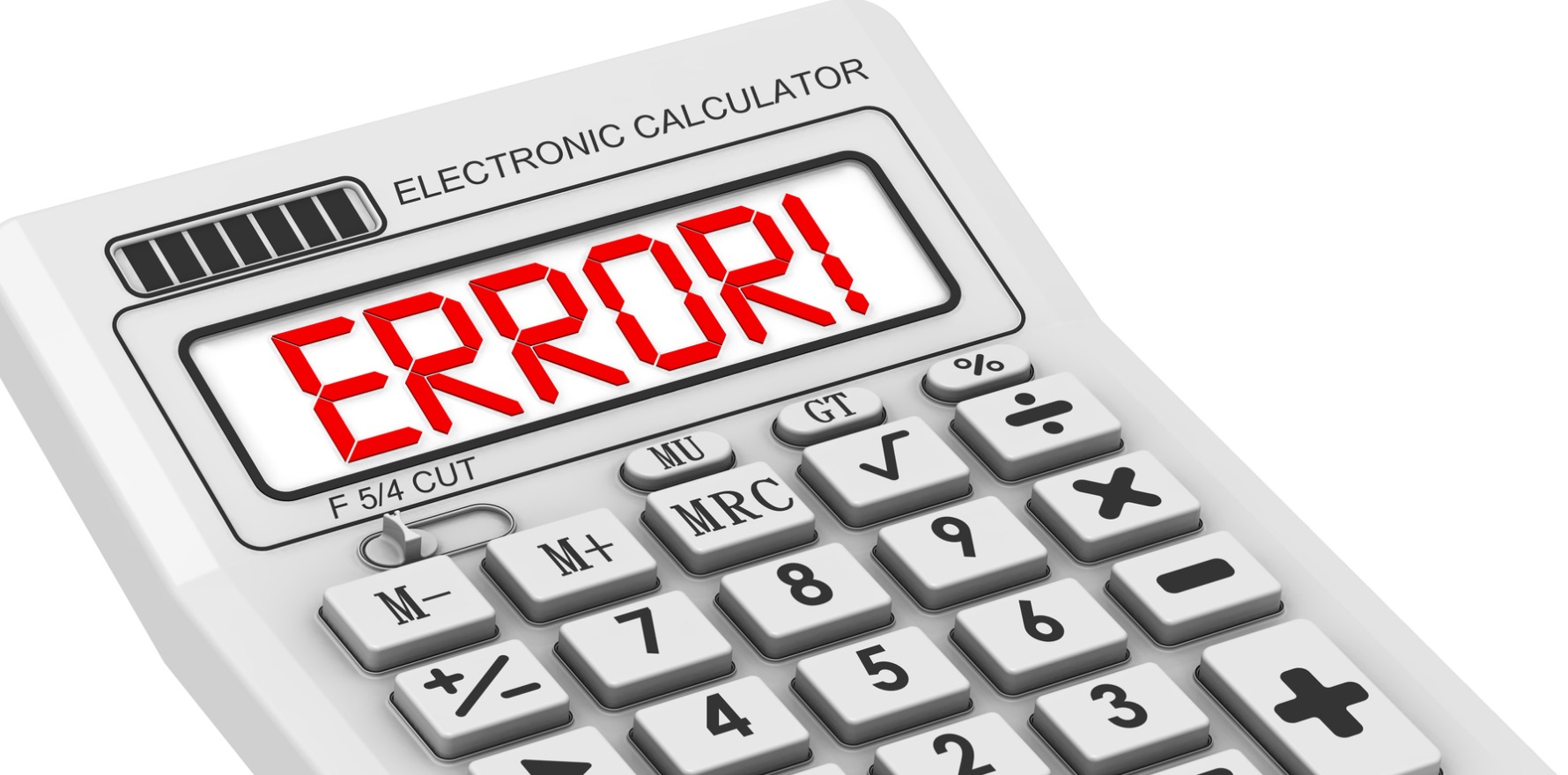Big changes in the mental health sector are afoot, with DoHAC claiming that budget measures will “begin a shift away from a one-size-fits-all” system.
Tuesday night’s budget quietly made some referrals under the Better Access Initiative contingent on a patient being registered with MyMedicare, as the government prepares big changes for mental health.
Better Access, which allows GPs to refer some patients for 10 subsidised psychologist appointments each year, has been in place since 2006.
GPs are the key gatekeepers to the program; only patients with a Mental Health Treatment Plan prepared by a doctor can access it.
According to a 2022 evaluation, around 5% of Australians received at least one session of psychological treatment under Better Access in 2021.
This cost taxpayers around $1.2 billion.
It’s a hugely popular and expensive scheme.
Update 22/05: From late 2025, patients registered with MyMedicare will have to be referred by their MyMedicare doctor in order to access it.
People not registered with the scheme can continue to be referred by any GP.
One of the key complaints about the Better Access initiative has been the requirement for patients to return to their GP after six sessions for a Mental Health Treatment Plan Review appointment.
While the government is not scrapping this requirement, it has announced that it will be deleting the specific item numbers attached to reviews. GPs will use regular time-based items.
Both changes are slated for November next year and only require a disallowable instrument to be tabled.
This is almost as big a deal as putting it under MyMedicare, for two reasons.
The first and most immediate change is that it may be more affordable for GPs to do mental health appointments.
Not only do the specific mental health items net fewer dollars per minute than a regular time-based consult, they also do not qualify for the tripled bulk-billing rebate introduced last year.
The MBS rebate for an item 2712 mental health treatment plan review is only $78.50, $1.60 less than a time-based level C consult.
It will put an end to co-claiming the review item alongside a regular consult item, a practice that Medicare has long frowned upon anyway – in 2022, an AskMBS advisory explicitly stated that it was not appropriate to claim a general attendance item if it were possible to claim a dedicated mental health item.
Moving to using time-based items for the review appointment therefore theoretically allows GPs to claim far higher rebates for these consults.
The less immediate impact will be on data.
It will no longer be possible to definitively state what proportion of GPs do formal reviews.
This is not exactly a loss; here’s why.
To say that 2712 – which was considered optional prior to the AskMBS clarification – was somewhat underused is a gross understatement.
In mid-2022, prominent psychiatrists Professor Ian Hickie and Dr Sebastian Roseberg co-authored a now-infamous opinion piece in the MJA on the topic where they concluded that the low formal review rates were indicative of GPs’ lax attitudes toward mental illness.
“It is also noteworthy that GPs wrote more than 1.2 million mental health plans for Australians in 2020–21 but of these, only just over one-third (36.8%) were reviewed, meaning patients’ progress was largely unmonitored by their GPs,” the pair wrote.
This comment went nuclear within the online general practice community, with many quick to point out that they would often review treatment plans as part of a broader consult.
Basically, the data on how GPs review care plans was not being collected in a meaningful way historically; the change to no collection at all won’t be a net loss.
It could, however, be considered a missed opportunity – the government could have simply amended 2712 to bring it into line with mainstream items rather than deleting it.
Without data, it’s very hard for general practice to prove how effective it is.
Related
RACGP president Dr Nicole Higgins told The Medical Republic that the complete removal of 2712, at a time when new item numbers for gynaecology were being added, was a “slap in the face for general practice”.
“General practice is the first point of contact for most people, and this is a missed opportunity to support patients to have affordable access to mental health,” she said.
The Australian Association of Psychologists were also against the change, which executive director Tegan Carrison said directly contravened advice from the industry.
“We believe there may be a push for GPs not to refer people for a Better Access mental health treatment plan and instead push them towards the federal government’s newly announced digital services,” she said.
Associate Clinical Professor Louise Stone, a GP with special interest in mental health, told TMR that the procedural model of Better Access had never addressed the full breadth of general practice.
The two advantages of being a GP, she said, were picking up the inappropriate diagnoses of mental illness that were actually physical problems and the fact that it was relatively anonymous, making it possible to manage people who feel too stigmatised to go to a mental health specific service.
“The removal of an item number doesn’t trouble me greatly,” Professor Stone said.
“What troubles me is the chronic, insidious, pervasive undervaluing of what we do.”
This article was updated on 22/05/24 with additional information. Please refer to our clarification.





